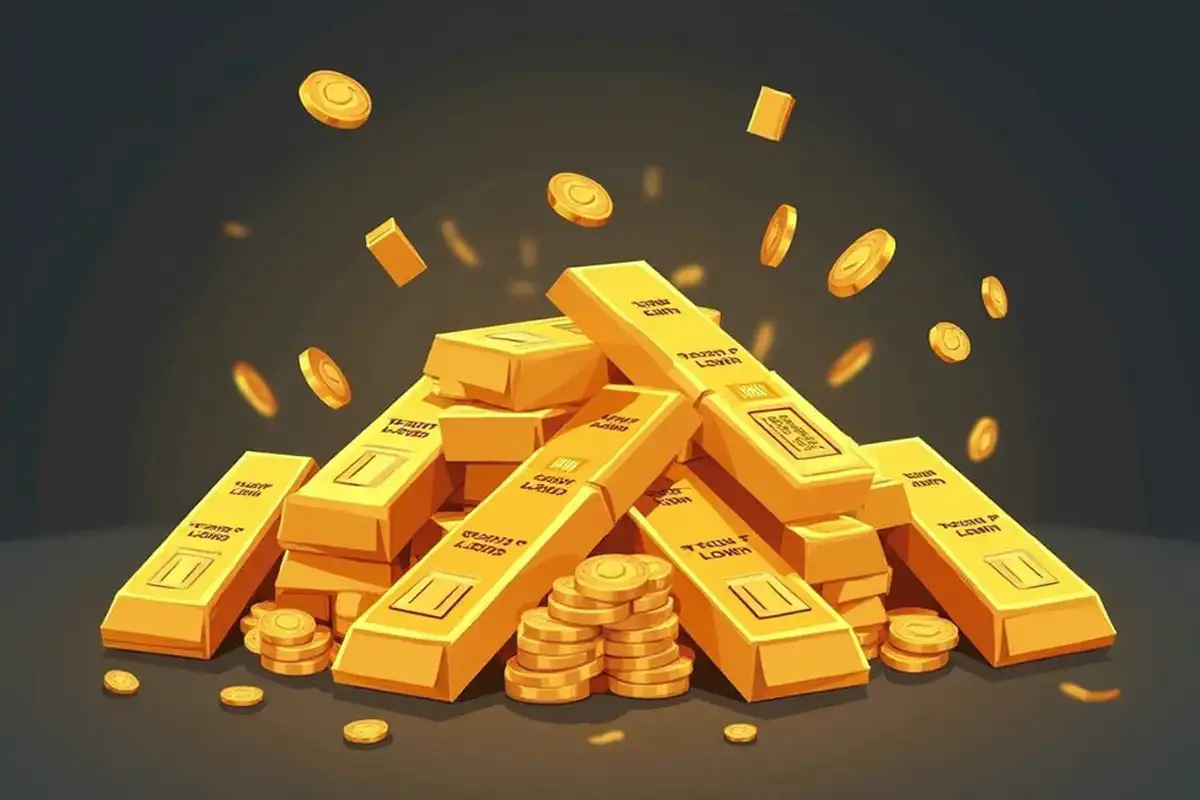A strong ruble, as we know, reduces inflation within the country, given that most of the Russian manufacturers selling their products on the domestic market still work mainly on imported raw materials.
However, a strong ruble also reduces the revenue side of the budget due to the fact that exports will receive less rubles for the goods sold, the price of which, after all, is denominated in foreign currency.
The tax base is formed from sales, both in the domestic and external markets - a key element of the revenue side of the budget.

And a decrease in inflation within the Russian Federation due to the strengthening of the ruble can contribute to the growth of the tax base of domestic producers? I don't think so.
The solvency of the end customer is no longer the same, and in terms of volume factor (in kind), manufacturers will not particularly accelerate in the domestic market, and exports in the price competitive field will only be undermined.
And a decrease in revenues of the federal budget of the Russian Federation due to the strengthening of the ruble, taking into account that the share of exports in the total budget is about 30% (including about 50% of hydrocarbons), may contribute to reducing the tax base of exporters? I think so.
It seems, given the current manual regulation of the ruble exchange rate by the Central Bank, that this is a kind of experiment in combating inflation in favor of falling budget revenues and reducing the price competitiveness of domestic products in foreign markets. And this is all in the context of a budget deficit (1.71 trillion rubles in January alone).
That is, it's like fighting a high interest rate rate and inflation due to the strong ruble.
A knight's step, so to speak. A drop in household incomes to drive down inflation and lower the Central Bank's discount rate.
How long this experiment of the monetary system will last, we'll wait and see.

































